Search the Special Collections and Archives Portal
Search Results
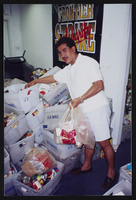
Audrey and letter carriers food drive, Culinary Union, Las Vegas (Nev.), 1997 (folder 2 of 4), image 16
Date
1997
Description
Arrangement note: Series II. Public Events
Image
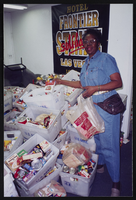
Audrey and letter carriers food drive, Culinary Union, Las Vegas (Nev.), 1997 (folder 2 of 4), image 17
Date
1997
Description
Arrangement note: Series II. Public Events
Image
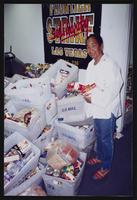
Audrey and letter carriers food drive, Culinary Union, Las Vegas (Nev.), 1997 (folder 2 of 4), image 18
Date
1997
Description
Arrangement note: Series II. Public Events
Image

Audrey and letter carriers food drive, Culinary Union, Las Vegas (Nev.), 1997 (folder 2 of 4), image 19
Date
1997
Description
Arrangement note: Series II. Public Events
Image

Audrey and letter carriers food drive, Culinary Union, Las Vegas (Nev.), 1997 (folder 2 of 4), image 20
Date
1997
Description
Arrangement note: Series II. Public Events
Image
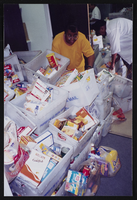
Audrey and letter carriers food drive, Culinary Union, Las Vegas (Nev.), 1997 (folder 2 of 4), image 21
Date
1997
Description
Arrangement note: Series II. Public Events
Image
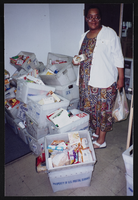
Audrey and letter carriers food drive, Culinary Union, Las Vegas (Nev.), 1997 (folder 2 of 4), image 22
Date
1997
Description
Arrangement note: Series II. Public Events
Image
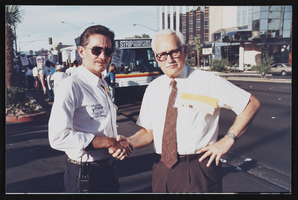
Audrey and letter carriers food drive, Culinary Union, Las Vegas (Nev.), 1997 (folder 2 of 4), image 23
Date
1997
Description
Arrangement note: Series II. Public Events
Image
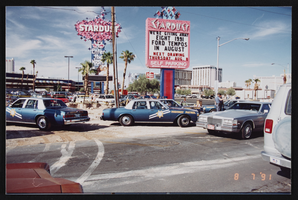
Audrey and letter carriers food drive, Culinary Union, Las Vegas (Nev.), 1997 (folder 2 of 4), image 24
Date
1997
Description
Arrangement note: Series II. Public Events
Image
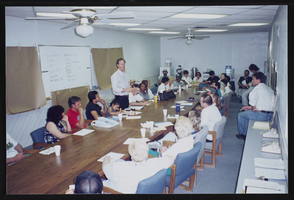
Audrey and letter carriers food drive, Culinary Union, Las Vegas (Nev.), 1997 (folder 2 of 4), image 25
Date
1997
Description
Arrangement note: Series II. Public Events
Image
Pagination
Refine my results
Content Type
Creator or Contributor
Subject
Archival Collection
Digital Project
Resource Type
Year
Material Type
Place
Language
Records Classification
